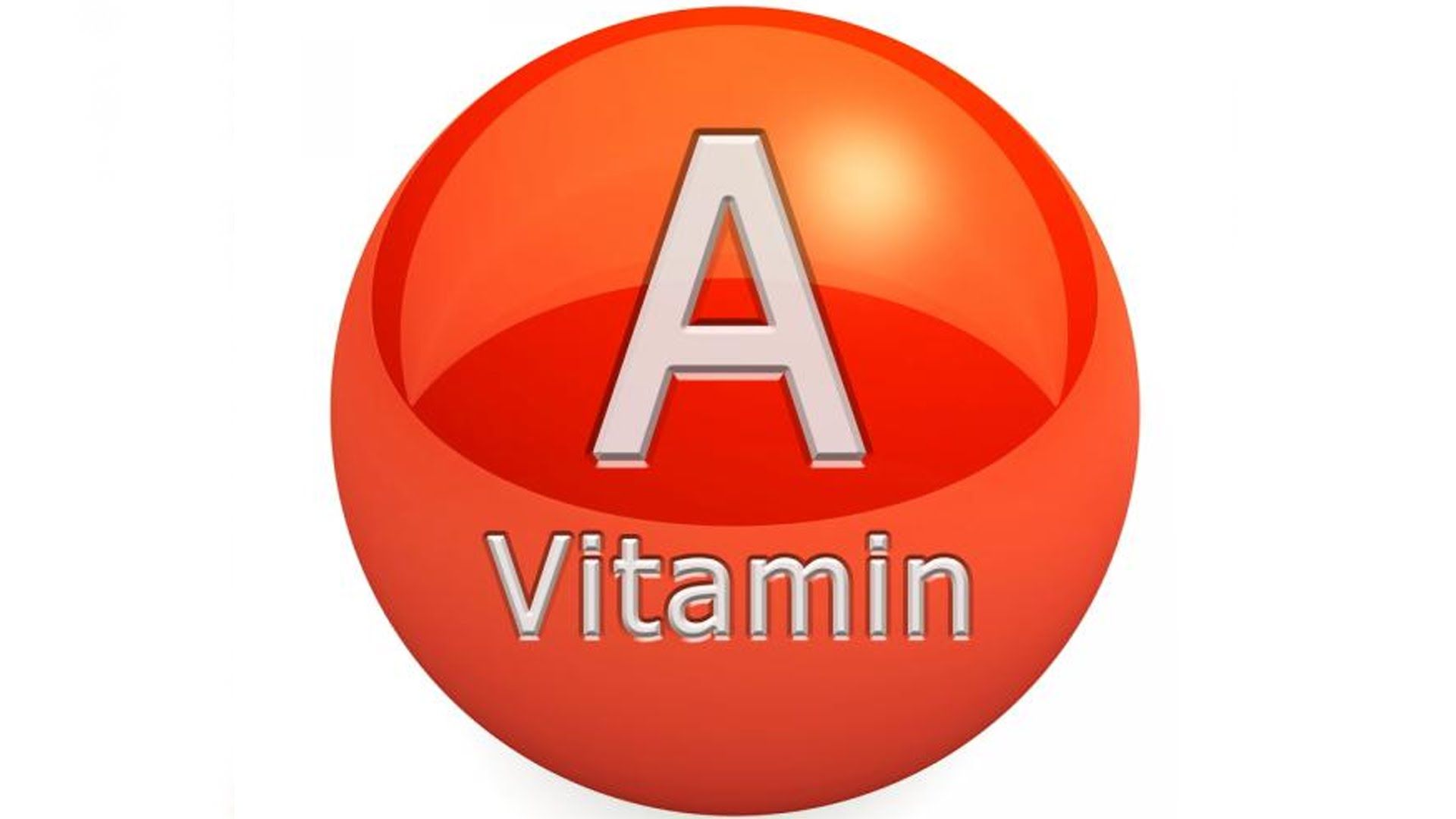Introduction
Vitamin A is a fat-soluble vitamin that plays a crucial role in maintaining various bodily functions, including vision, immune system support, and skin health. It exists in two forms: preformed vitamin A, found in animal products, and provitamin A carotenoids, found in colorful fruits and vegetables. In this comprehensive guide, we will delve into the numerous benefits of vitamin A, exploring its impact on overall health and well-being.
Vision Support
One of the most well-known benefits of vitamin A is its critical role in maintaining healthy eyes and promoting optimal vision. The retina of the eye contains a light-sensitive pigment called rhodopsin, which is composed of a protein known as opsin and a molecule called retinal—a derivative of vitamin A. When light enters the eye, rhodopsin is activated, initiating the process of vision. A deficiency in vitamin A can lead to night blindness and, in severe cases, may progress to permanent vision impairment.
Immune System Boost
Vitamin A plays a vital role in supporting the immune system, contributing to the body’s defense against infections and diseases. It helps maintain the integrity of the skin and mucous membranes, acting as a barrier to invading pathogens. Additionally, vitamin A is involved in the production and function of white blood cells, such as lymphocytes and macrophages, which play a key role in the immune response. Ensuring an adequate intake of vitamin A is crucial for overall immune system function.
Skin Health and Integrity
Healthy skin is a reflection of overall well-being, and vitamin A is a key player in maintaining skin health. It promotes skin cell turnover, ensuring that old, damaged cells are replaced with new ones. This process is essential for keeping the skin’s surface smooth and preventing conditions such as dryness and flakiness. Moreover, vitamin A is involved in the production of sebum, an oily substance that helps keep the skin moisturized and protects it from external factors such as bacteria and environmental pollutants.
Antioxidant Properties
Vitamin A exhibits antioxidant properties, meaning it helps neutralize harmful molecules called free radicals. Free radicals are unstable molecules that can damage cells and contribute to the aging process and various diseases, including cancer. As an antioxidant, vitamin A helps protect cells from oxidative stress, supporting overall cellular health and reducing the risk of chronic conditions associated with free radical damage.
Reproductive Health
Vitamin A is essential for reproductive health in both men and women. In men, it plays a role in sperm production and motility, contributing to fertility. In women, vitamin A is crucial during pregnancy for the development of the embryo and fetus. It supports the formation of the placenta and is vital for the proper development of the eyes, heart, and other organs in the growing baby. Adequate vitamin A intake is particularly important during pregnancy to prevent birth defects and ensure a healthy pregnancy.
Bone Health
While often associated with calcium and vitamin D, vitamin A also plays a role in maintaining optimal bone health. It is involved in the regulation of bone remodeling, the continuous process of breaking down and rebuilding bone tissue. Vitamin A supports the differentiation and functioning of osteoblasts, cells responsible for bone formation. A deficiency in vitamin A may contribute to weakened bones and an increased risk of fractures.
Red Blood Cell Formation
Vitamin A is essential for the production of red blood cells, which are responsible for transporting oxygen throughout the body. It supports the differentiation of stem cells into red blood cells in the bone marrow. Without an adequate supply of vitamin A, the production of red blood cells may be compromised, leading to anemia and associated symptoms such as fatigue and weakness.
Regulation of Gene Expression
Vitamin A plays a crucial role in the regulation of gene expression. Retinoic acid, a compound derived from vitamin A, acts as a signaling molecule that influences the expression of genes involved in various physiological processes, including cell differentiation, growth, and immune response. This regulatory function of vitamin A is essential for maintaining the balance of these processes and ensuring proper cellular function.
Cancer Prevention
The antioxidant properties of vitamin A, combined with its role in regulating cell differentiation and growth, contribute to its potential in preventing certain types of cancer. Adequate levels of vitamin A may help protect cells from mutations and inhibit the uncontrolled growth characteristic of cancer cells. While more research is needed to fully understand the relationship between vitamin A and cancer prevention, preliminary studies suggest a potential protective effect.
Treatment of Skin Conditions
Due to its role in skin health and cell turnover, vitamin A and its derivatives are often used in the treatment of various skin conditions. Retinoids, which are compounds related to vitamin A, are commonly prescribed for conditions such as acne and psoriasis. These compounds help normalize skin cell turnover, reduce inflammation, and promote the healing of damaged skin. However, it’s essential to use such treatments under the guidance of a healthcare professional, as excessive use can lead to side effects.
Conclusion
vitamin A is a versatile and essential nutrient with a myriad of benefits for overall health. From supporting vision and immune function to promoting skin health and contributing to reproductive and bone health, its role in the body is diverse and critical. While a deficiency in vitamin A can lead to various health issues, it’s equally important to note that excessive intake can have adverse effects. Achieving a balance through a well-rounded and varied diet is key to harnessing the full range of benefits that vitamin A has to offer. Whether through dietary sources or supplements, ensuring an adequate intake of this vital nutrient is an investment in long-term health and well-being.
- A Comprehensive Guide to the Benefits of Burdock Supplements - December 14, 2023
- A Comprehensive Guide to the Benefits of Burdock Supplements - December 14, 2023
- A Comprehensive Guide to the Benefits of Boneset Supplements - December 14, 2023





